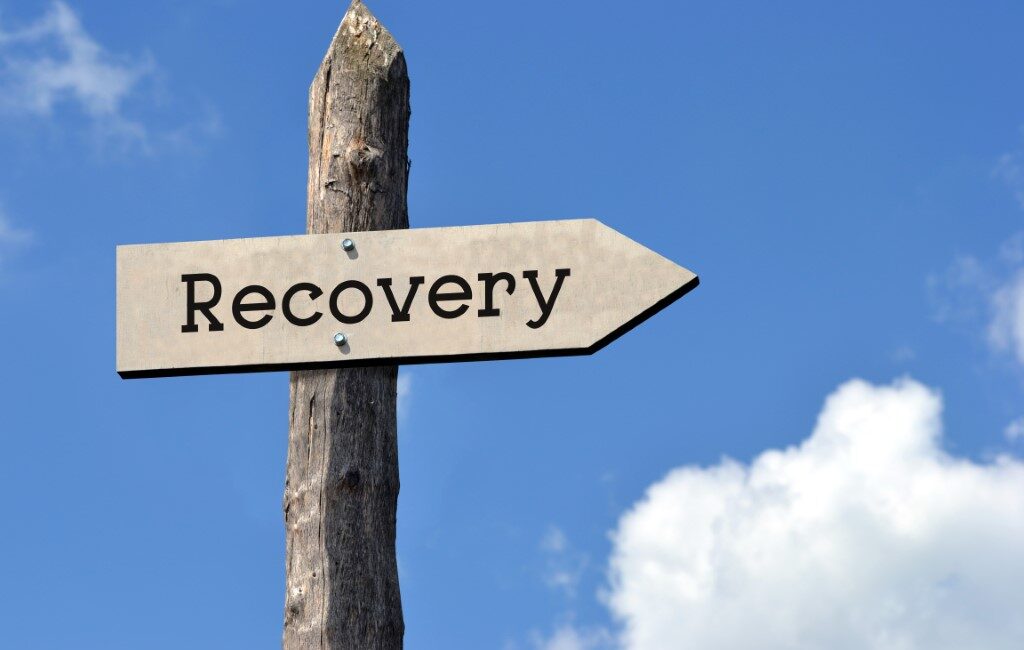Drawing from the insights of Dr. Lance M. Dodes, one of the stalwarts in the field of addiction recovery, understanding the intricacies of treatment methods becomes crucial. When you or someone you love is navigating the complex terrain of addiction, it’s essential to be aware of the available options. The debate between medication-assisted treatment (MAT) and non-pharmacological therapies has been ongoing, but by delving deeper into each approach and considering their alignment with the 12-step philosophy and evidence-based therapies, a clearer picture emerges.
Medication-assisted Treatment (MAT) is an evidence-based approach that utilizes approved medications to counteract the effects of opioids or to curb cravings. It’s a method endorsed by many, given its physiological focus and direct targeting of the substance’s effect on the brain. When combined with behavioral therapies and counseling, MAT can be a powerful ally in the fight against addiction. One can argue that, much like the 12-step program’s acceptance of a Higher Power, MAT leans on medical science as that external source of strength and help.
However, non-pharmacological therapies offer a different path. Grounded in the principles of behavioral science, cognitive restructuring, and emotional healing, these therapies, such as Cognitive Behavioral Therapy (CBT) and Dialectical Behavior Therapy (DBT), delve into the underlying causes of addiction. They align closely with the 12-step philosophy’s emphasis on introspection, amends, and spiritual awakening. By addressing the root psychological and emotional triggers, they equip individuals with the tools to combat not just the addiction but its very genesis.
Dr. Dodes’s work, as cited in his publication, “The Sober Truth: Debunking the Bad Science Behind 12-Step Programs and the Rehab Industry,” suggests a criticism of the 12-step model’s effectiveness[^1^]. However, when paired with evidence-based therapies that address individual needs, the philosophy’s core principles can become part of a holistic recovery strategy.
So, how do you, seeking the best for yourself or a loved one, navigate these waters? It’s vital to remember that no singular path suits everyone. While MAT offers immediate physiological relief, its long-term effectiveness might be enhanced when paired with counseling or therapy. Non-pharmacological therapies, with their deep dives into psyche and emotion, can offer long-lasting strategies but may benefit from the initial stabilization that MAT provides.
Above all, the journey of recovery is deeply personal. It requires introspection, understanding, and, often, a blend of therapies tailored to the individual’s unique needs. By staying informed and open-minded, you can find the path that resonates most profoundly with the journey to recovery.
Dodes, L. M., & Dodes, Z. (2014). The Sober Truth: Debunking the Bad Science Behind 12-Step Programs and the Rehab Industry. Beacon Press.
- What exactly is Medication-assisted Treatment (MAT)?
Medication-assisted Treatment (MAT) is an approach that employs FDA-approved medications, either to counteract the effects of opioids or to reduce cravings for alcohol and drugs. When you’re considering this method, it’s essential to understand that MAT doesn’t just rely on medication alone. Ideally, it should be combined with behavioral therapies and counseling to address both the physical and psychological aspects of addiction.
- How do non-pharmacological therapies differ from MAT?
Non-pharmacological therapies, such as Cognitive Behavioral Therapy (CBT) and Dialectical Behavior Therapy (DBT), focus on addressing the psychological and emotional triggers that might lead to addiction. For you or your loved ones, this means diving deep into understanding behaviors, patterns, and coping mechanisms. These therapies align closely with introspection and self-awareness, equipping individuals with tools to combat not just the addiction but its root causes.
- Can the 12-step philosophy be integrated with these treatments?

Absolutely. The 12-step philosophy, which emphasizes introspection, making amends, and spiritual awakening, can be integrated, especially with non-pharmacological therapies. Even with MAT, the philosophy’s principles can complement the treatment by addressing the spiritual and emotional aspects of recovery. When you’re trying to create a holistic recovery strategy, blending these methods might be beneficial.
- Which approach is better for long-term recovery?
This is a highly individualized decision. Some people find that the immediate physiological relief from MAT provides a stable foundation upon which they can then build with non-pharmacological therapies. Others might feel more aligned with diving straight into behavioral and emotional therapies. It’s essential for you to consult with professionals, understand your or your loved one’s unique needs, and then determine the most suitable path.
- Are there any risks associated with MAT?
Like any medical treatment, MAT does come with potential risks, including side effects from the medication or the possibility of becoming dependent on the prescribed drug. For you or someone close to you considering MAT, it’s crucial to discuss these risks with a healthcare provider, ensuring that you’re making an informed choice in the recovery journey.
Pharmaceutical Support versus Natural Healing Methods in Addiction Recovery
In your journey towards addiction recovery, understanding the balance between “Pharmaceutical Support and Natural Healing Methods” is crucial. As gleaned from our previous discussions, both these approaches come with their own set of merits, intricacies, and outcomes. On one hand, pharmaceutical support offers structured, research-backed treatments to stabilize and alleviate physical withdrawal symptoms. On the other, natural healing methods dive deep into the emotional and behavioral aspects, laying the foundation for long-term recovery and resilience. Each individual’s path is unique, and the blend of these treatments may vary. By reaching out to us, you’ll find tailored guidance, ensuring that your recovery journey resonates with your personal values, needs, and goals. Your commitment to understanding and choosing the best treatment modalities is the first, vital step toward a brighter, addiction-free future.
Navigating the path of recovery, you’re met with a myriad of choices, each tailored to individual needs and circumstances. Whether considering the structured approach of Medication-assisted Treatment or delving deep into the emotional and behavioral realms with non-pharmacological therapies, you have powerful tools at your disposal. The essence lies in understanding that there’s no one-size-fits-all answer; it’s the harmony of these therapies, interwoven with personal commitment and the support of loved ones, that carves out a journey of hope and resilience. Your strength in seeking guidance, staying informed, and continually striving for betterment is a testament to the human spirit’s indomitable will. As Victor Frankl once remarked, “When we are no longer able to change a situation, we are challenged to change ourselves.” Your recovery journey, shaped by the choices you make and the therapies you embrace, is your testament to that change.

